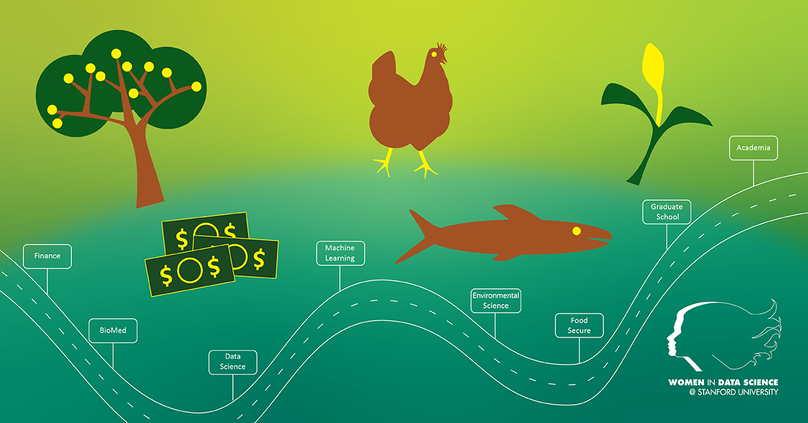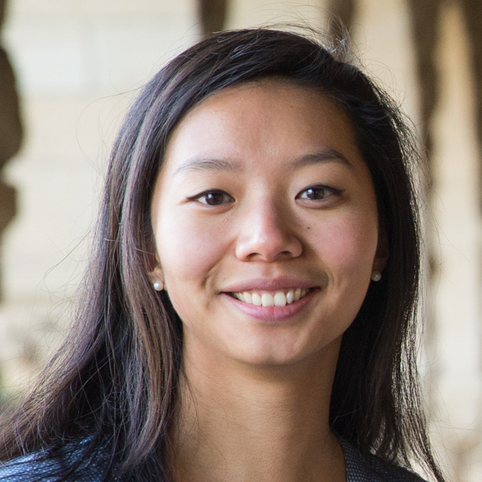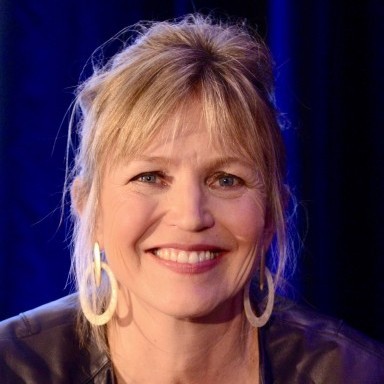Applying Machine Learning to Solve Global Food Security Challenges


Stanford ICME
About this episode
Sherrie Wang, spoke to us when she was a fourth year PhD student at Stanford’s Institute for Computational and Mathematical Engineering (ICME), explains how she applies machine learning methods to help solve global food security challenges. Sherrie has since completed her PhD, and is working as a postdoc at UC Berkeley, working on machine learning for sustainability.
Highlights
Sherrie brings an interdisciplinary and entrepreneurial perspective to her research that she has developed through her work in the fields of computational finance, biomedical engineering, and computer vision.
In this episode, Sherrie explains that about 1 in 9 people do not have access to adequate food. She is using satellite imagery and machine learning to identify and map crops around the world, see where people are most vulnerable, and what interventions or policies have the greatest effect.
“There are a lot of problems that technology alone can’t solve and we still need to understand the roots of a lot of the problems. That involves talking to people in the earth sciences and agriculture and learning from them. In those conversations, data science just becomes a tool, a very useful tool but it’s a tool in the context of some much larger problem,” she explained to Stanford’s Margot Gerritsen, Stanford professor and host of the Women in Data Science podcast.
Sherrie has brought her expertise to the WiDS Datathon committee where she helped develop the 2019 challenge. Participants were asked to use satellite data to identify oil palm plantations. She felt it was important to bring awareness to this issue as these plantations are contributing to the destruction of the rain forests.
Sherrie’s curiosity has taken her down many different paths so far. If there’s a field she wants to learn more about, she has never hesitated jumping in. She admits these transitions can be challenging and each one comes with a steep learning curve. While she felt overwhelmed early on in grad school, she has learned to succeed through patience and consistent effort.
Her entrepreneurial experience running a tutoring service as an undergrad has also prepared her well for her grad school research. She says that grad school and entrepreneurship are similar in many ways. “You’re creating something new that hasn’t existed before, so there are a lot of different directions you can always be going. Realizing that there are all these options out there and it’s okay to be brave and pick one and go with it and see how it goes and it’s okay to fail, that was a big lesson from that experience,” she says. She is excited about figuring out the new science she can explore that will have an important impact on how we see the world.
She has found her research and teaching so satisfying that she wants to pursue a career in academia. She believes that machine learning and environmental science are critical to our future. “I am optimistic that if we’re honest about the sorts of problems we face, then we can collectively, creatively solve these problems. It goes back again to being patient and being consistent,” she says. “The only choice we really have is to keep trying to solve these problems one day at a time.“

About the Host
Margot Gerritsen
Stanford Professor [Emerita] Margot Gerritsen is the Executive Director and co-founder of Women in Data Science Worldwide (WiDS) and born and raised in the Netherlands. Margot received her MSc in Applied Mathematics from Delft University of Technology before moving to the US in search of sunnier and hillier places. In. 1996 she completed her PhD in Scientific Computing & Computational Mathematics at Stanford University and moved further West to New Zealand where she spent 5 years at the University of Auckland as a lecturer in Engineering Science. In 2001, she returned to Stanford as faculty member in Energy Resources Engineering. Margot was the Director of the Institute for Computational & Mathematical Engineering (ICME) at Stanford from 2010-2018 and the Senior Associate Dean for Educational Affairs in Stanford’s School of Earth Sciences from 2015-2020. In 2022, Margot took Emerita status to devote herself to WiDS full time. Margot is a Fellow of the Society of Industrial & Applied Mathematics, and received honorary doctorates from Uppsala University, Sweden, and the Eindhoven University of Technology in the Netherlands. She now lives in Oregon with her husband Paul.
Connect with Margot Gerritsen on Twitter (@margootjeg) and LinkedIn.
Find out more about Margot on her Stanford Profile.

